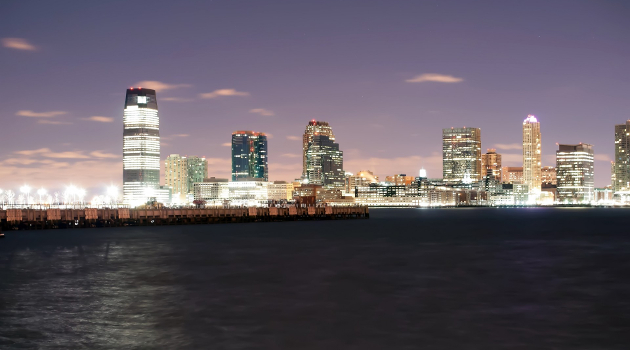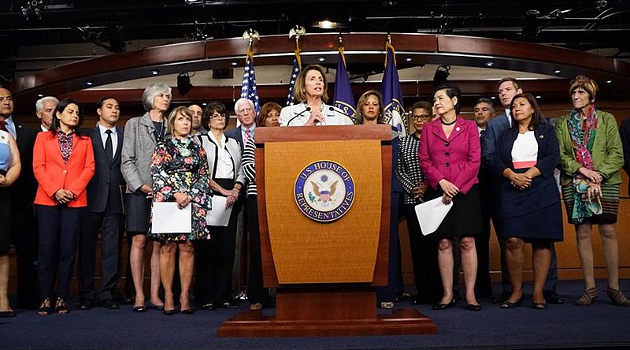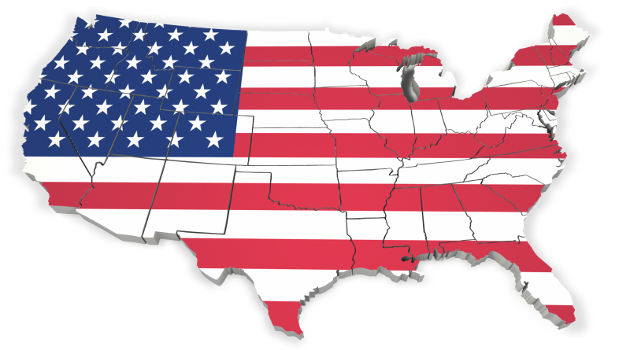
by Dan Mitchell | Feb 9, 2019 | Blogs, Tax Competition, Taxation
According to Freedom in the 50 States, which we reviewed a couple of days ago, New Jersey is in the bottom 10 and has been moving in the wrong direction. This dismal ranking is not an anomaly. New Jersey also is in the bottom 10 of states according to Economic Freedom...

by Dan Mitchell | Jan 13, 2019 | Blogs, Economics, Taxation
There were several good features of the 2017 tax bill, including limitations on the state and local tax deduction. But the 21 percent corporate tax rate was the unquestioned crown jewel of the Tax Cut and Jobs Act. The U.S. system had become extremely...

by Dan Mitchell | Jan 11, 2019 | Blogs, Economics
Today is my last day in Chile, so today’s column will build upon what I wrote last week. I have three charts that illustrate how Chile’s pro-market reforms have been great news – especially for poor people (or, to be more accurate, for Chileans who used to be poor)....

by Dan Mitchell | Oct 19, 2018 | Blogs, Economics
I’m glad the United States is now ranked #1 in the World Economic Forum’s Global Competitiveness Report, though I point out in this interview that Trump’s performance is mostly a net wash. His sensible approach to tax and regulation is offset by his weak approach to...

by Dan Mitchell | Oct 10, 2018 | Blogs, States
I recently wrote about the Tax Foundation’s State Business Tax Climate Index, which is a snapshot of current competitiveness (New Jersey is in last place, which shouldn’t surprise anyone). But what if we want to know which states are moving in the right direction or...






